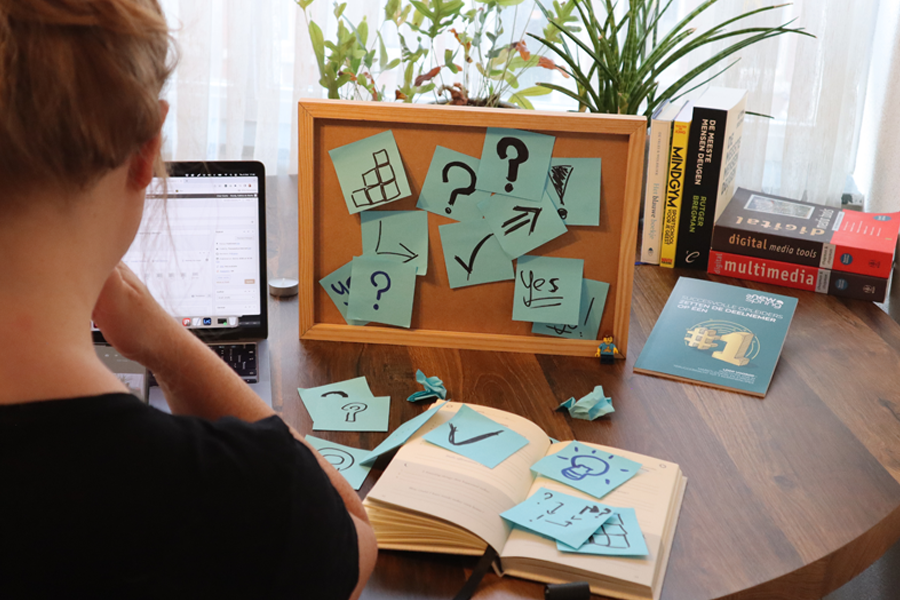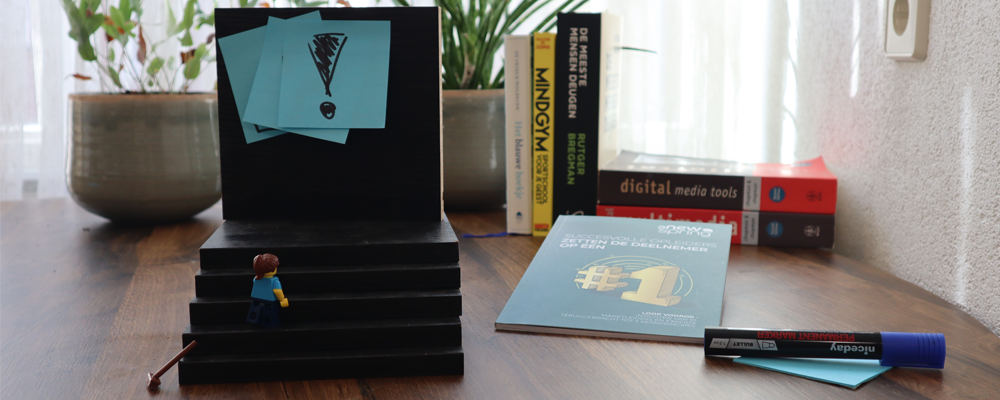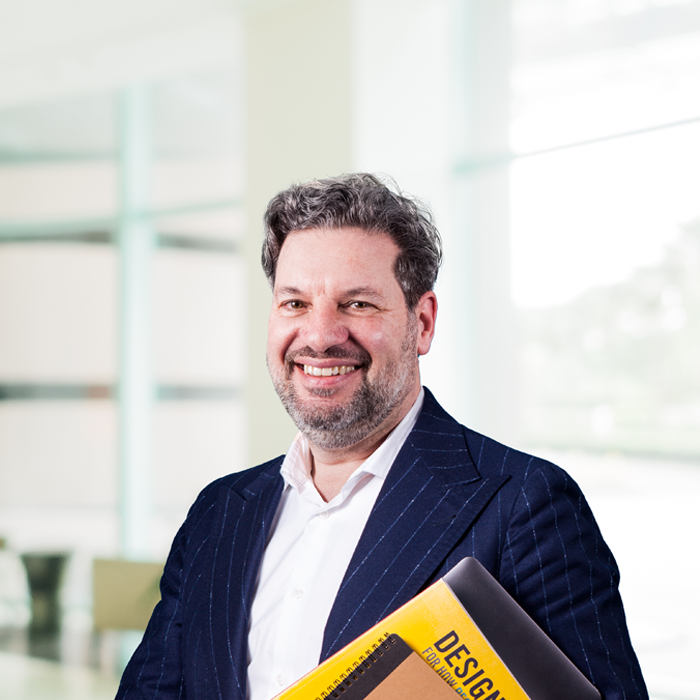Learning hygiene: A standard for learning design

When someone says ‘dental’, ‘food’ or ‘home’ hygiene, for example, it is very likely that a set of basic practices and conditions come to mind. That got me thinking, and soon the realisation hit that the learning & development profession seems to lack a basic, widely agreed-on standard of what good practice looks like.
As an attempt to change this, I’d like to introduce the concept of ‘learning hygiene’. Think of it as a standard for getting the basics right when it comes to learning design.
What is the problem?
There is a massive amount of evidence-based information available on how effective learning works and how to design courses, training and e-learning in an effective way. Despite that, there is still a lot of material that seems to be designed and appreciated on only one dominant criterion: that it ‘looks good’.
Don’t get me wrong, I also like and appreciate it when a product looks good – but not if it only looks good and isn’t effective. A major cause for this is related to how we look at expertise. Many times, people consider themselves experts in learning because they went to school for 10 years or more.
Sometimes, people who are experts on a certain topic think if they present their knowledge in a way that looks good, it will also be effective.
Unfortunately, that’s not the case.
So what, why is this important?
You might ask yourself: “why does this matter?” or blame me for being negative or a whiner. You’re welcome to, but it actually does matter. Focusing on work-related learning, there are a few fundamental reasons why we should aim for learning to be as effective as possible.
Firstly, as technology changes and advances, it forces more and more people to absorb new knowledge and learn skills to stay relevant in the labour market. Secondly, people are getting older and older, and more will live ‘the 100-year life’. When combined with technological changes, it will become impossible to have a full career based on the profession that you learnt at school.
We will all be ‘serial masters’ like Lynda Gratton suggests, and it might become necessary to get re-skilled to other jobs throughout a career.
The need for upskilling and reskilling will increase, and we have to find ways to also fund those initiatives. It’s the moral duty of learning professionals to support people and our society to overcome these challenges with learning that is effective.
And that’s why we need learning hygiene.

Now, what can we do about it?
Science has produced many insights over the recent decades about how learning works and how to design learning in the most effective way. And it will continue doing so. Besides this, the learning community has some excellent professionals who did and still do put a lot of effort into helping others make use of these insights and work in an evidence-informed way.
As Mirjam Neelen says, “We should stand on the shoulders of giants.”
We should use what is available to us from research and apply learning hygiene at the basic level. Many learning initiatives are now focused on efficiency, scalability and, even more recently, on (a good) experience.
But learning hygiene starts with effectiveness; making sure a learning intervention really leads to sustainable learning effects.
What's next?
Herzberg’s two-factor motivation theory has hygiene as one factor and motivation as the second. What should the other factor of learning hygiene be? Herzberg discovered that when some factors are present, they only prevent dissatisfaction. These are called hygiene factors. Other factors, also called ‘motivators’, would lead to job satisfaction. When it comes to learning hygiene, we can look at efficiency and experience on top of that. Efficiency is a more complex topic.
In practice, efficiency can relate to the learner, the learning designer or the learning provider. Efficiency for the learner means that someone is able to achieve the desired outcome with the smallest investment of time, money, engagement and effort needed. For the learning designer, efficiency is focused on finding ways to create learning solutions with the smallest investment of time, money and effort needed. For the training provider, efficiency will likely focus on the way of organising and delivering the learning intervention in an efficient way.
“We should use what is available to us from research and apply learning hygiene at the basic level.”
In general, this element becomes more important if large groups of learners need to be served.Unfortunately, in these situations, it’s not uncommon that efficiency arguments overrule effectiveness arguments, which will, of course, have an influence on the end results.
Since Apple launched the iPod, user experience became part of the equation and experience became an important criterion for many other products and services. In recent years, learning experience has become a topic at the centre of attention too. So, experience is also a kind of ‘motivator’ factor compared to ‘effectiveness’ as a hygiene factor.
My quest: just questions, no answers yet
Framing the concept of ‘learning hygiene’ is just the first simple step. I checked with some professional peers to see if the term makes sense and might be relevant to them and till now, the answer is a clear “yes”.
But now, the real work starts. What are the elements that should be included in the category of learning hygiene factors? Will these factors all weigh the same or should there be some levels included? What do I call the ‘higher-level’ factors, like the motivators in Herzberg’s work?
I tend to look at Clark Quinn’s concept of a ‘meaningful learning experience’. How should the levels be visually represented? A cone or pyramid will be tricky! Would it be possible to create something like a numerical learning hygiene score?
I’m sure I will encounter many more questions during my quest and hope to find some answers.
Of course, I will share these with you as we take off on this journey and fully encourage you to chime in with your views and take on the subject!
